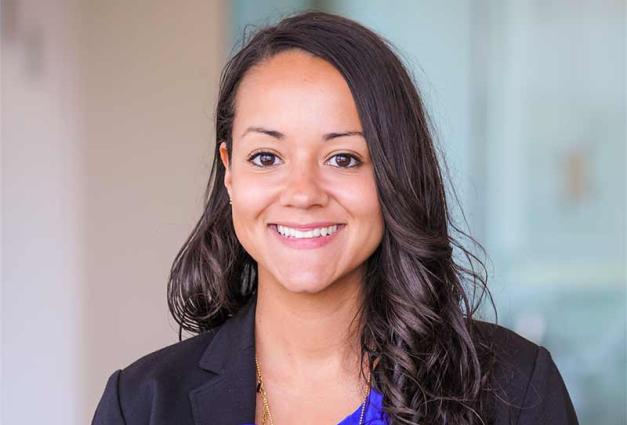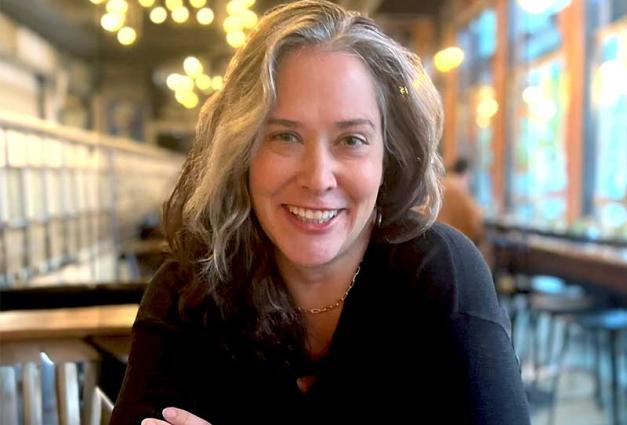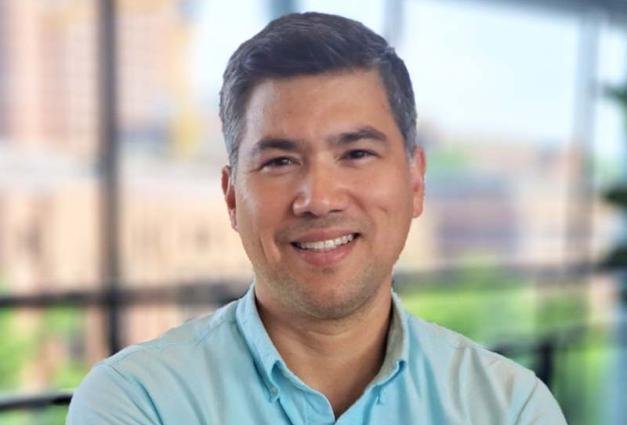A. Janet Tomiyama is an associate professor in the department of Psychology at the University of California, Los Angeles. Her research focuses largely around issues of health behaviors and health disparities, and more specifically stress/comfort eating, weight stigma and dieting. A major theme in her research is understanding the negative psychological and biological consequences of weight stigma. Janet also runs the Dieting, Stress, and Health (DiSH) Lab at UCLA, where she is training the next generation of research scientists interested in integrating disciplines to promote health.
What period in the academic year do you dread the most?
We are on the quarter system, so it’s tough when we are still slogging it out mid-June and our semester system colleagues have been enjoying their summers since May. We get our revenge, though, when it’s October and our year has just started.
Do you have a favorite course to teach and why?
I love teaching Introduction to Health Psychology—an undergraduate course. The students in it are either already super into mind-body stuff and thus very enthusiastic from the get-go, or their minds are blown that the way we think and feel affects our physical health and I can get their buy-in. On Day 1, I talk about Margaret Kemeny, Steve Cole, and their colleagues’ work showing that closeted HIV-positive gay men died almost two years earlier than those who were out of the closet. I then trace their elegant scientific sleuthing linking closeted-ness to rejection sensitivity and sympathetic nervous system activation, all the way down to showing that stress hormones secreted by the sympathetic nervous system affect processes inside the cell and cell nucleus to promote HIV replication.
Do you have any advice for individuals who wish to pursue a similar career path in social psychology?
Given everything we know about intrinsic versus extrinsic motivation, I think it’s really important to keep the intrinsic forces alive and keep research fun. To that end, I make sure to have “nutritious” and “delicious” studies. The nutritious ones are those that are ultra programmatic, theory-driven, fundable, and rock solid. The delicious ones are those that are a little bit silly; maybe they’re based on an anecdotal observation or maybe they’re driven by a fun method. Some of my delicious studies have been total bombs. For example: a study where we had people hashtag their food pictures (like a bar of chocolate) with either high-level construal (#rectangle #brown) or low-level construal (#melty #sugary), a lá Fujita et al., 2011 in JPSP. Our construal manipulation had absolutely no effect on eating. Some have actually gotten published. For example: Incollingo Rodriguez, Ward, & Tomiyama, 2015, where we had people look at pictures of heavy versus thin targets and had them rate (actually unscented) scent samples in an ostensibly unrelated study. Those who viewed heavy targets rated the samples as smelling worse—an indication of the depths of weight stigma in our society. I had been trying unsuccessfully for years to get any of my papers published in the most prestigious obesity journal (the International Journal of Obesity) and this was the study to make it in.
What career path would you have chosen if you had decided to not pursue psychology?
I would definitely be a wedding planner. I excel at multitasking, I can stand for hours in high heels, and I am good in a crisis.
Outside of psychology, how do you like to spend your free time?
I like to recount, in excruciating detail, the latest episode of the podcast Armchair Expert to my husband.
What’s the best advice you have ever received?
That the things that are urgent are not often those that are most important. The important things that drive our career forward are research and writing, but they “sit quietly in the corner” as Kerry Ann Rockquemore says. The urgent things are screaming in our face and can push the important things to the side so easily if you let them.
If you had an extra hour of free time in the day, how would you use it?
Thirty minutes on a nap and thirty minutes singing duets from Wicked with my 4-year-old, Clark.




